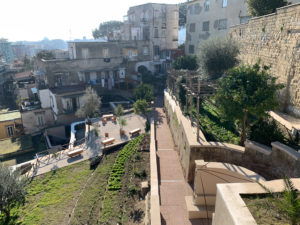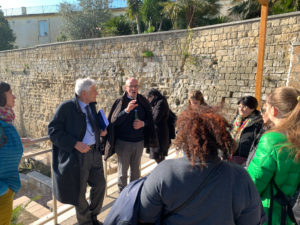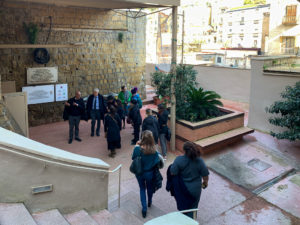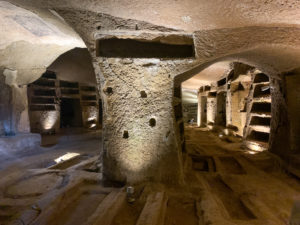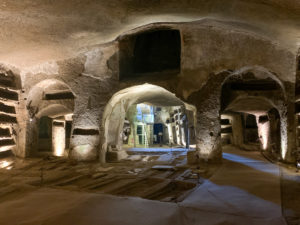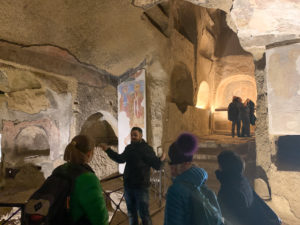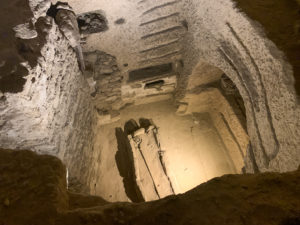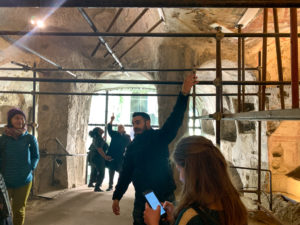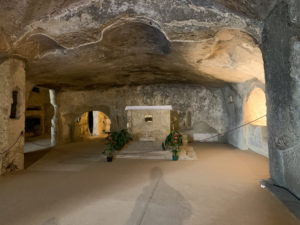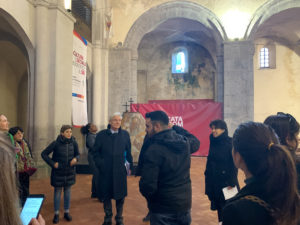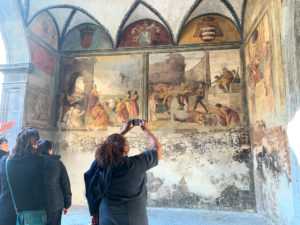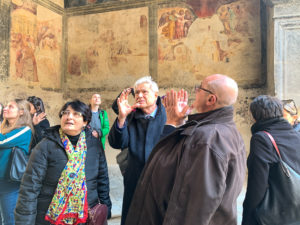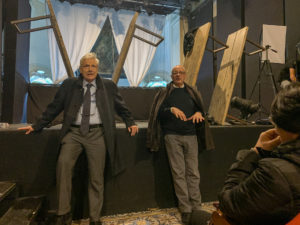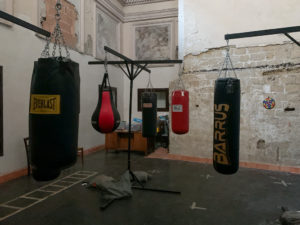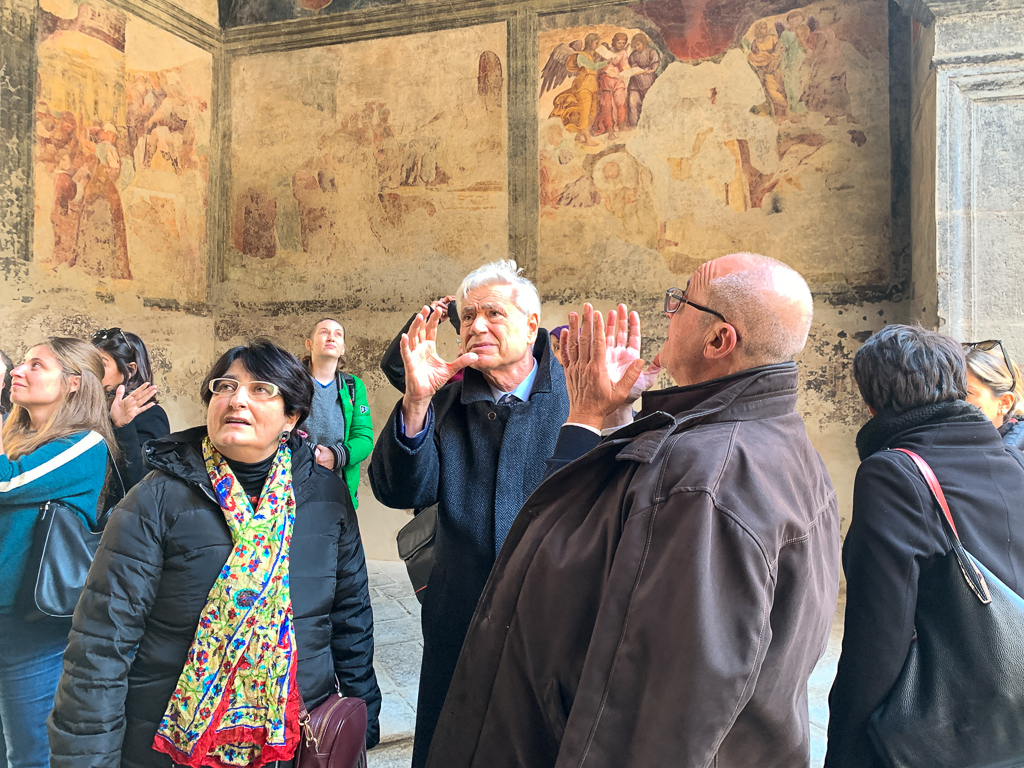
14Jan
Laboratory of Transdisciplinarity (LabT) in Naples
CLIC’s fourth Laboratory of Transdisciplinarity (LabT) was held in Naples from 14th to 16th January 2020. It was organized by IRISS CNR, Project Coordinator and leading on Work Package 2 Creating evidence base of cultural heritage impacts.
Specifically, this LabT was the occasion to present the final set of key indicators to assess the multidimensional impact of cultural heritage adaptive reuse (economic, social, cultural and environmental). CLIC partners exchanged ideas and feedbacks on the proposed indicators deduced from the analysis of best practices of adaptive reuse of cultural heritage as well as from national and international sources. Next steps for data collection in CLIC pilot cities/region were planned to test the feasibility of the indicators, with the aim of building an evaluation framework to be used in all EU countries to monitor the spillover effects of investments in restoration/conservation as well as on adaptive re-uses of historic landscapes and buildings.
The successful case of Salerno was described, presenting the activities carried out in the city (e.g. CLIC permanent lab for the co-creation of Local Action Plan for cultural heritage adaptive reuse, hosted by Giardino della Minerva). Special attention had been paid on the many experiences of reuse and enhancement of the tangible and intangible cultural heritage that have started-up ‘culture-led’ urban regeneration processes. During the Laboratory of Transdisciplinarity CLIC Partners visited the Catacombs of San Gennaro and the Sanità district, a best practice of enhancement of cultural heritage and urban and social regeneration.
CLIC partners exchanged ideas and feedbacks also on the state of art of Work Package 4, Developing circular financing and business models. Methodological aspects were addressed and innovative financing and business models were discussed, in view of experimentations in CLIC pilot cities and region.
Pictures
Pictures © 2020 Stefano Carotenuto.
